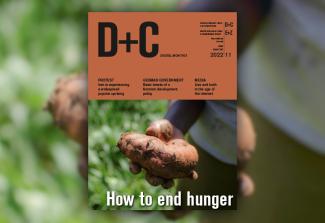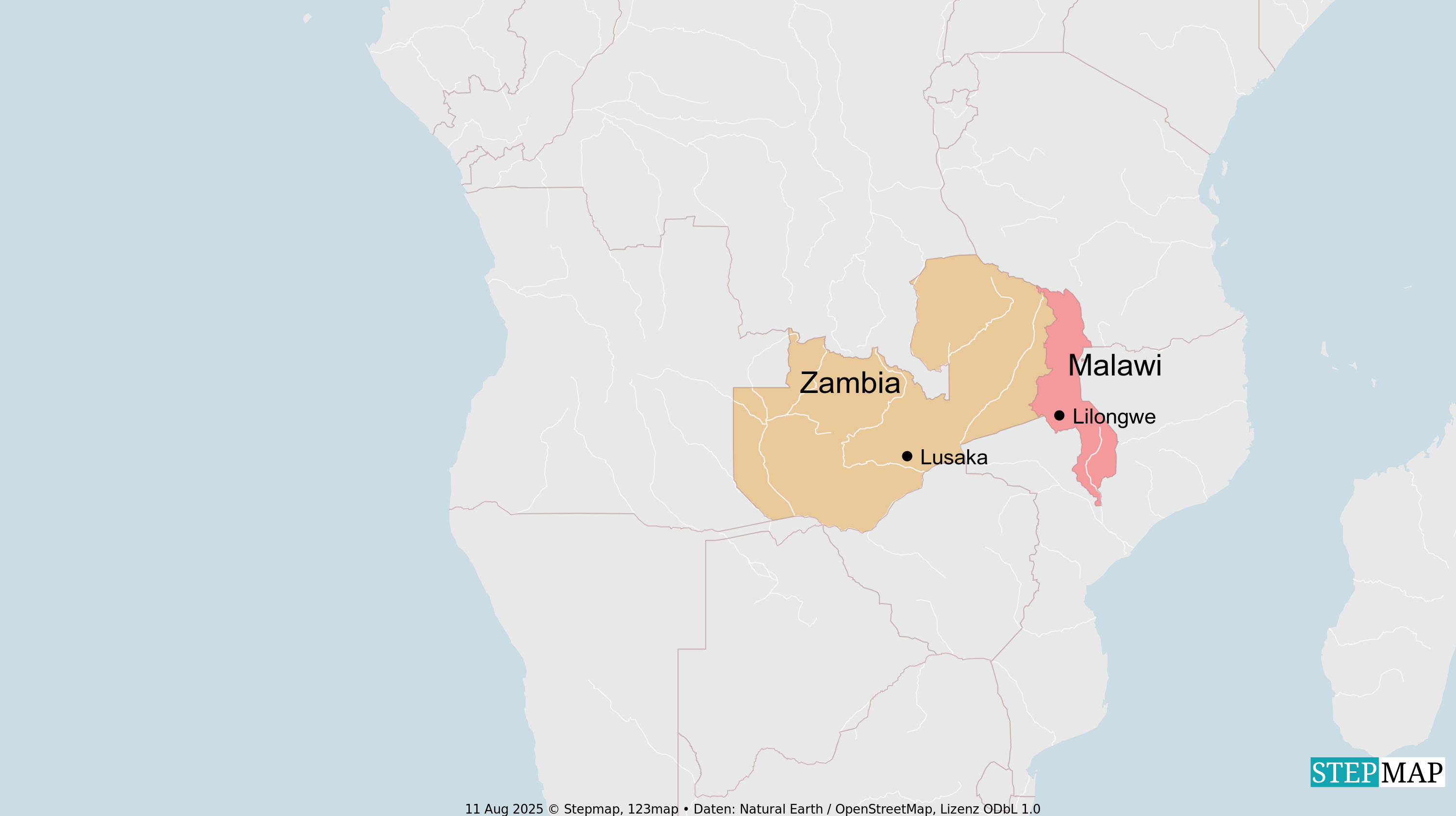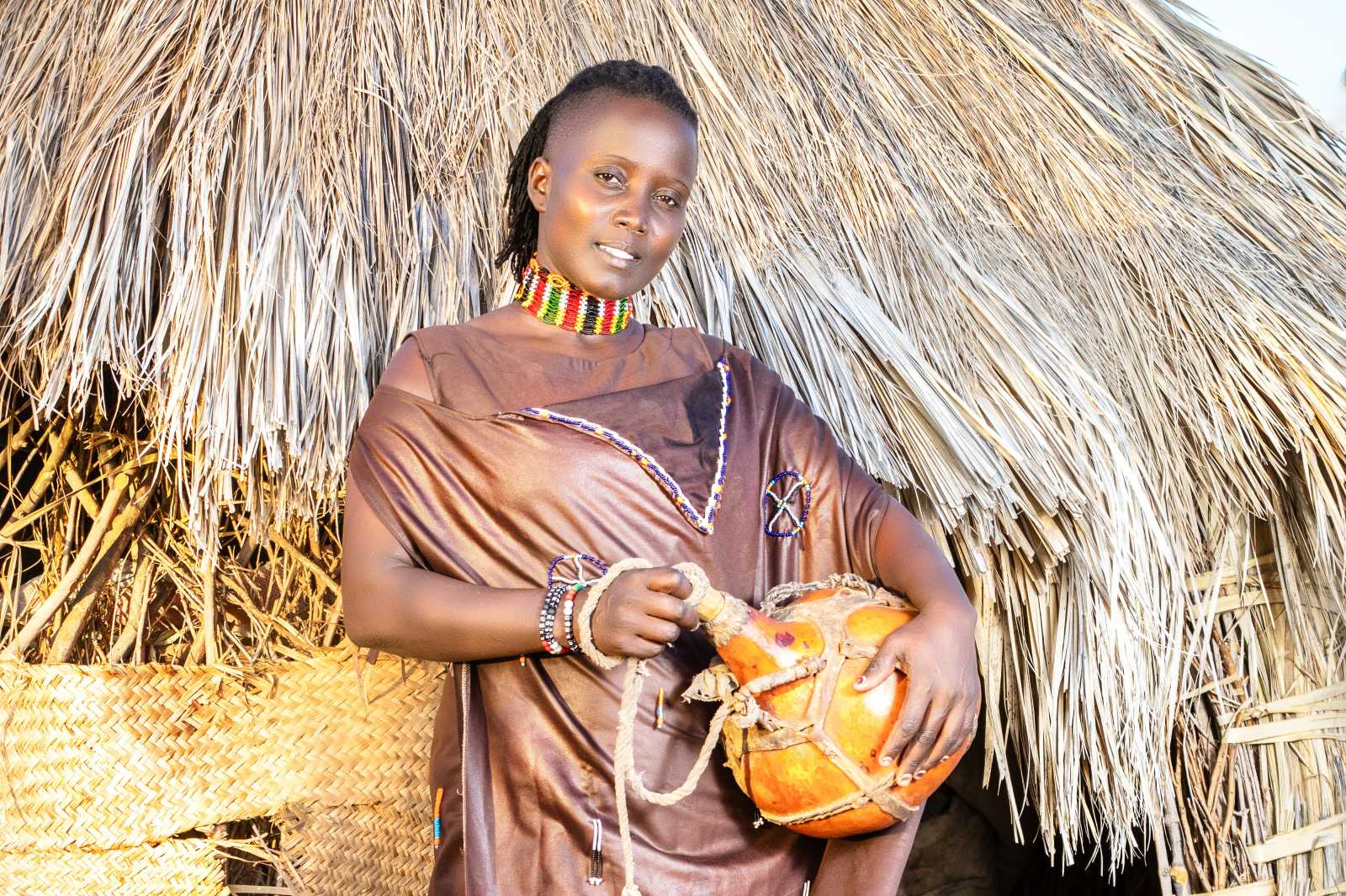Letter to the editor
Agrarian traditions exploited

The editorial was written by Hans Dembowski for our Digital Monthly D+C/E+Z 2022/11. It was also posted on our website. In response, Dr. Artur Behr of Hermannsburg sent the following letter:
The rural communities mentioned in your editorial are not safeguarding "indispensable resources" in spite of their poverty, but because of it. They plainly have no alternative. They consider the farming practices they have inherited to be indispensable. Agricultural landscapes, which are created by human beings, have particular ecosystems, but those ecosystems are not stable. Indeed, they are quite fragile. As soon as cultivation stops, natural dynamics set back in and ultimately destroy the agricultural landscape.
Strictly speaking, an agricultural landscape is a cultural landscape, so its decay leads to cultural damage rather than ecological damage. These landscapes really are only stable in the short term because their viability depends on continuous hard work. One should, moreover, distinguish productive work from the reproductive variety. The former serves to produce food and other commodities, whereas reproductive work stabilises the vulnerable ecosystem.
Once the reproductive work is considered to be disproportionately intensive compared with the fruits of productive work, cultivation stops and the ecosystem is left to itself. The history of Alpine farming provides clear evidence. Scholars have detected similar trends for various traditional irrigation systems or terraced fields.
As a matter of principle, nature is dynamic, and that is true of natural ecosystems as well. Farmers who depend on safe harvests do what they can to turn dynamic natural landscapes into stable agricultural ones. The price they pay is permanent hard labour.
If the genetic heritage of traditional cultivation must be safeguarded because it serves the breeding purposes of agricultural corporations, we are witnessing a modern form of exploitation. You should have mentioned that this heritage must not be taken advantage of free of charge. As things stand today, these indispensable resources will only be safeguarded as long as the communities that cultivate and breed them keep maintaining their traditional practices and lifestyles, which means they remain stuck in poverty.
Comment of the editorial office: In the same Digital Monthly, Parviz Koohafkan wrote about Globally Important Agricultural Heritage Systems and assessed the unacceptable poverty of the rural communities concerned.












